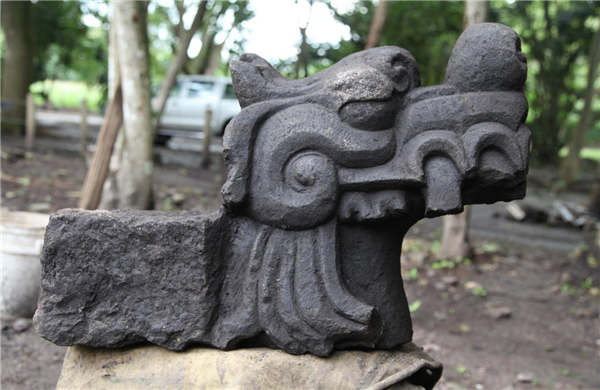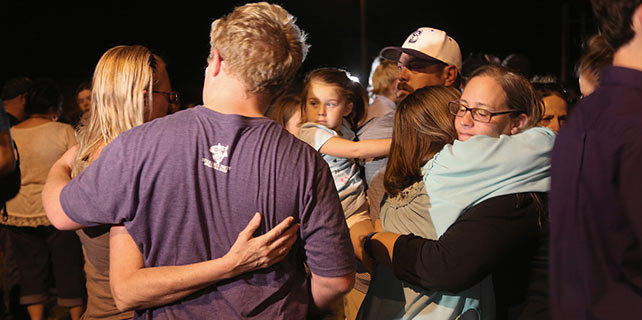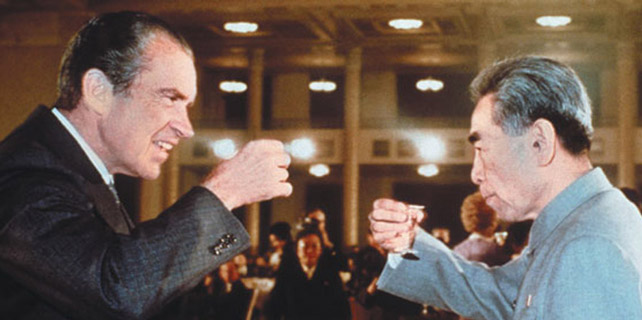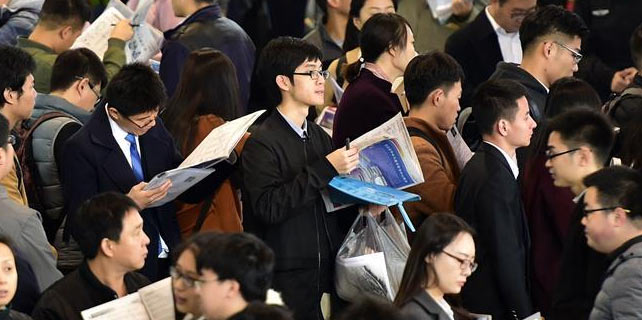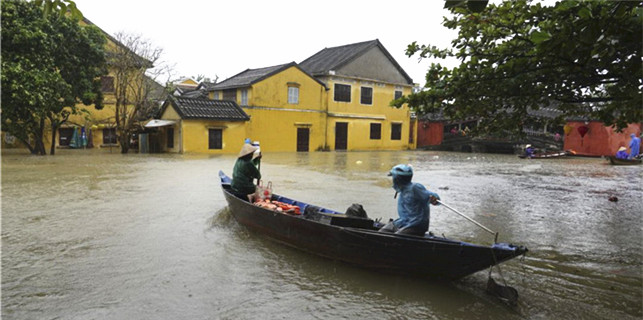Time travelers
At the annual meeting of the Society for American Archaeology held in Vancouver, Canada, this year, Li Xinwei, director of the IACASS Honduras team, shared their findings. His presentation won warm applause from the international audience.
The serpent-headed bird resembled a common Chinese dragon-head icon, which reminded Li of the late Chinese-American archaeologist Kwang-chih Chang, who believed that American and Chinese civilizations probably shared pan-Pacific cultural genes and were different developments from the same source civilization.
"We cannot understand the special characteristics of our own civilization without understanding the characteristics of other civilizations," Li says.
In recent years, China has sent archaeological teams to central, west and Southeast Asia, and to Kenya in Africa. But Copan is the first of the Chinese archaeologists' major foreign explorations. The Temple of Montu in Luxor, Egypt, and the Harappan site of Rakhigarhi in Haryana, India, are prospective destinations.
In March, the CASS Research Center of World Archaeology was inaugurated under director Wang Wei.
And a category of new archaeological awards was set up in 2016 to recognize Chinese archaeologists' remarkable achievements in foreign excavations. Last year the top award went to the Mingtepa project, a joint operation between IACASS and counterparts in central Asia's Uzbekistan.
The foreign excavations coincide with the Belt and Road Initiative proposed by China in 2013, which envisions the expansion of infrastructure and trade networks to connect Asia with Europe and Africa along the ancient trade routes. Many foreign destinations are along the ancient Silk Road and such endeavors have strong support from the government, Wang says.




